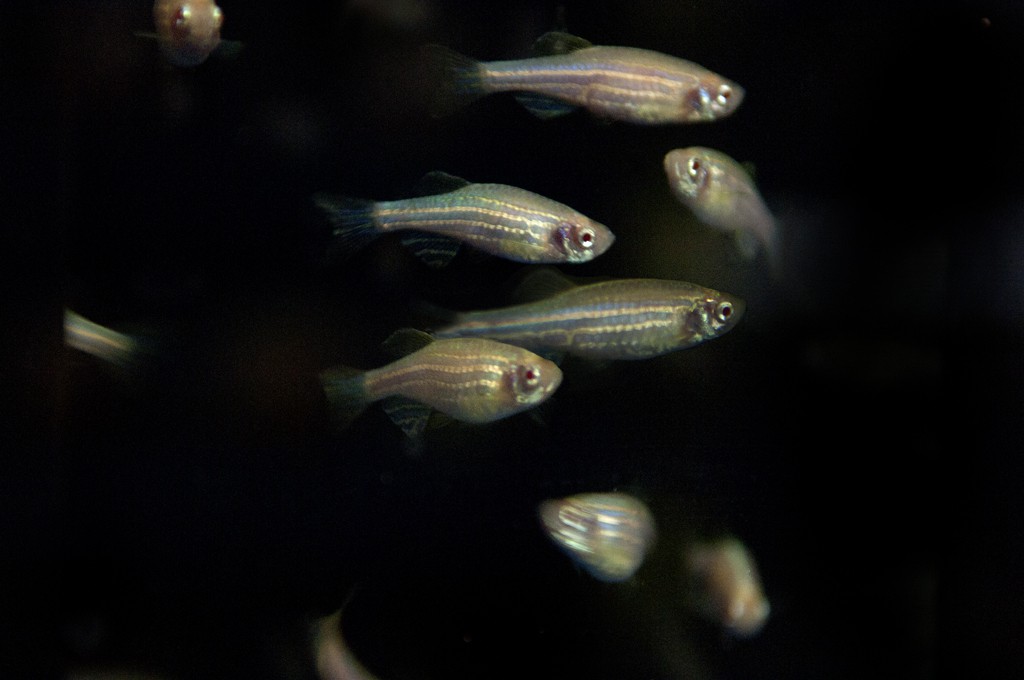Slight increase in animal experiments at Utrecht University and UMC Utrecht
4 years agoThe number of experiments conducted on animals at Utrecht University and the UMC Utrecht rose from 19,078 in 2019 to 20,433 in 2020, an increase of 1,355. This can partly be explained by a large-scale study involving zebrafish, and a smaller-scale study of COVID-19 using pets and shelter animals.
The crisis around the coronavirus makes the 2020 figures more difficult to interpret than usual. On the one hand, additional research was done on COVID-19 in pets and shelter animals, which inflated the figures slightly. On the other hand, some research and education using animals was cancelled or postponed, which lowered them. This accordingly makes it difficult to make any predictions about the figures for 2021.
The number of animals not used for experiments that were killed is continuing to decrease. Fewer animals were bred, and eligible animals were offered to individuals for rehoming.
Infectiousness of COVID-19 with dogs and cats
Extra COVID-19 research was conducted in the form of a study in which 203 dogs and 429 cats from households, shelters or veterinary surgeries were tested for COVID-19. The procedures used, such as taking saliva or blood samples, caused ‘mild discomfort’. No laboratory animals were used, since the goal of this study was to find out if dogs and cats having close contact with people play a part in spreading the virus. Preliminary results indicate that although dogs and cats can be infected by their owners, the pets hardly ever get sick themselves and seem to play no part in spreading the virus.
Zebrafish making our environment safer
In addition, 3,050 zebrafish were used for research on the influence of chemical substances in the environment on metabolic diseases such as obesity and diabetes. For the fishes as well, the discomfort was mild: a bit of each one’s fin was clipped off, so that individual fish could be distinguished from each other. The fish were kept in aquaria in the laboratory. Ultimately, however, they were killed so that they could be examined. The toxicologists doing this research also started a large-scale project with animal-free research based on data about humans: the Virtual Human Platform.
Transition towards animal-free innovations
The university and UMC have been working for years on replacement, reduction and refinement of experiments on animals, among other places in the 3Rs Centre. To speed up the pace of innovative thinking even more, they recently put together a working group together with the Hogeschool Utrecht, called Transition to Animal-free Innovations Utrecht. The working group serves as an information centre, makes contacts for collaboration and promotes education about animal-free innovations. In 2020 it developed, with help from internal and external partners, a new English-language master’s course: Better Science with Less Animal Experimentation. Currently the group is working with other parties on the complete education of bachelor’s students up to and including professionals (post-academic education).
Read the English summary of the 2020 Annual Report on Animal Experiments


